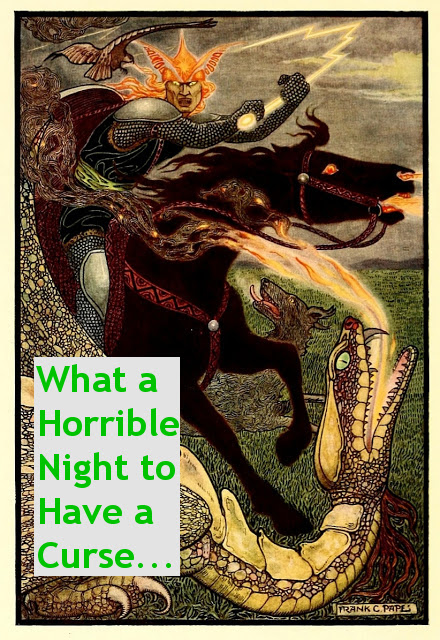
Outlaws of the Marsh (also known as The Water Margin and All Men Are Brothers) is, in my opinion, one of the best books I've read for inspiration about what it means for a society to have large numbers of adventurers running around. The 108 Heroes of the story (yes, there are that many, and they've all got distinct personalities even if most of them are minor characters) are all martial artists, criminals, sorcerers and failed monks that end up outlawed for one reason or another. They band together in a fortress on a hill in a marshy area and try to serve the interests of the common people in an age when the government is oppressive. In this sense, it's sort of the Chinese version of the Robin Hood legend in the west.
The frame story tells how there were 36 heavenly spirits and 72 earthly spirits that were reincarnated with destinies tied together in the coming life. What we get first are several vignettes about the main characters. How did they get trained, how did they get outlawed, how did they escape punishment. Then the characters start banding together. Sometimes they fight each other when they meet, but their destiny results in them respecting and befriending each other eventually.
Of course, they are bandits, raiding the government offices or store houses. So the government cracks down on them repeatedly. But the outlaws are always able to repulse the military because of the incompetence of the officers or through the fact that the outlaws are better fighters.
Eventually, though, the government manages to capture them. Rather than execute the heroes, they instead volunteer to take their army north to battle the Mongols who have taken over large areas of northern China. They are generally unsuccessful, and the heroes all die.
The best thing about this book from a gamer's perspective are the 108 heroes. There are former public officials, soldiers, monks, aristocrats, peasants, sorcerers, thieves, and scholars. They all have awesome nicknames like The Tattooed Monk, Nine Dragons, Ten Feet of Steel, Flea on a Drum. And each has their own signature weapons or fighting styles. It's great fodder for anyone wanting to make a cool wuxia hero.
Even if you're not playing an Asian inspired game, as I mentioned above, this novel shows in a realistic manner (despite the low fantasy elements) what happens when you have 'adventurers' causing havoc in society. It's good inspiration for the Game Masters in this regard. How do the authorities and the common folk react to these warriors, thieves and magicians getting rich and powerful? You've got lots of good examples right here.
The early portions are picaresque, with the various heroes committing crimes or getting unfairly outlawed by corrupt officials, then wandering China getting into trouble or righting wrongs as their personalities dictate. Once they've all banded together, there's more of a epic-tragic feel to the work as the destiny of the heroes to die and be reunited in the heavenly realm comes to pass. It's another good (and again long) read that I think most gamers will find inspirational.
And while it is not quite as pervasive in Asian culture as Journey to the West and Three Kingdoms, it has still inspired its share of movies, TV shows, comics, and video games.
Author's Note: I still have yet to read A Dream of the Red Chamber so this ends my section of Oriental Accents on ¾ of the Great Classical Chinese Novels. I'll be moving on to other areas next time.






When I set about making the "Asian" portion of my campaign world, I decided early on that I wanted to move away from feudal Japan because it has been done so much. I knew I wanted to focus on ancient and "medieval" China, but didn't know quite how until I came across Outlaws of the Marsh. It's like the author did the work for me.
ReplyDelete